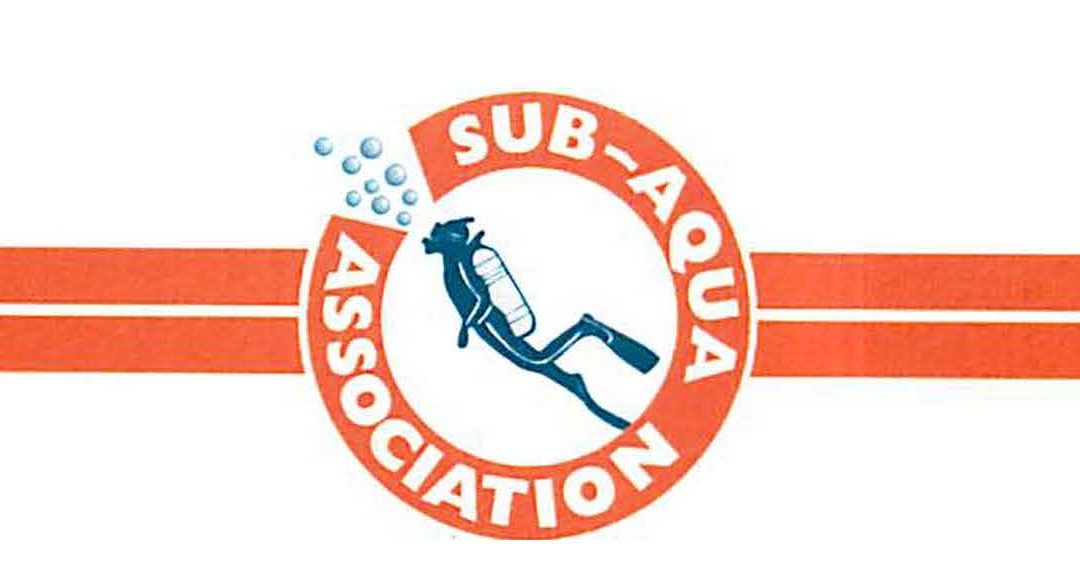The SAA is working with the BDSG (British Diving Safety Group) in developing safe policies for the return to diving. These policies will cover all agencies and each of these will be publishing advice to meet the needs of their own members or centres.
Within this document I have included links to relevant websites providing guidance for the SAA membership together with any guidance specific to the SAA and our members.
SAA club Diving Officers are responsible for approving all diving activities for members of their club. Some of the guidance referenced covers divers from other dive agencies which are outside club structure such as ours, it will also cover commercial dive centres which does not generally apply to clubs but will be of interest so that you will have a better understanding of the issues that these centres are having to manage.
You will have seen the message published by the BDSG outlining the initial steps for the return to diving. When you read this you will need to consider the guidelines in place by the country where you reside and where you are planning to dive.
There are a number of things that you need to consider before you authorise any of your members to dive:
- Currently diving is suspended by the SAA and as part of that suspension our member insurance is also on hold. The SAA Executive will be constantly reviewing the situation during these fast moving times and are looking at when is the best time to re-instate the insurance for the benefit of the whole of the membership.
- Anyone who has had or suspect that they have had Covid-19 must not dive until they have been cleared by a diving medical referee. Question 6 on the medical form must be answered Yes together with question 19 being answered Yes if medical assistance was required.
- Country guidelines, which are subject to change, are managed by the following governments/assemblies and should be referred to when planning any dive trips:
- Where club members are allowed to travel and seek permission to dive from their Diving Officer, the Diving Officer must review the dive plan against normal club diving practice, any such risk assessment should include the following:
- Within England there is no restriction on going to the shore with one other person outside of your household. This means that swimming in the sea is permitted and there is nothing in the guidelines which expressly prohibits scuba diving, however as the guidelines only permit two individuals to meet it is not possible for a third person to be present to provide safety/shore cover unless the whole diving party are from the same household.
- Dive site facilities, including the availability of toilets etc.
- Dive shops are currently regarded as non-essential which may impact on your ability to obtain air/gas fills.
- Do the plans cover the lack of shore cover.
- Whilst under the water there is no need for social distancing, however once on the surface this must be observed at all times.
- Diving should only be approved for divers who have the experience of the chosen site. It is not recommend that members who have never dived in the sea before be allowed to dive in the sea at this time.
- The depth of any dive should be very conservative with a maximum of 15 metres. When considering depth you should ensure that the local hyperbaric chamber is operational before diving.
5. The BDSG are working to produce a set of guidance for the United Kingdom, until this is ready for publication it is recommend that divers refer to
DAN Coivd-19 & Diving Operations. There are ten sections within the document, nothing in this document takes precedent over anything in the SAA Club
Guidance Manual:
- What measures should be taken for the safety of customers and staff?
- How should disinfection operations be managed?
- What is the best way to manage infection control of rental equipment?
- How should rinsing of customer-owned dive equipment be carried out?
- What protective measures should be taken on diving boats and ribs?
- How can buddy checks and gas sharing be managed safely?
- How can cylinder refills be managed safely?
- First Aid and CPR: how should an emergency be managed?
- Can the virus survive in water?
- What operating procedures and emergency action plan apply during this pandemic?
6. Diving from boats is currently banned under government guidelines.
7. Any training of new and inexperienced divers is not possible at this time due to the requirement to social distance.
Steve Orange
SAA National Diving Officer
